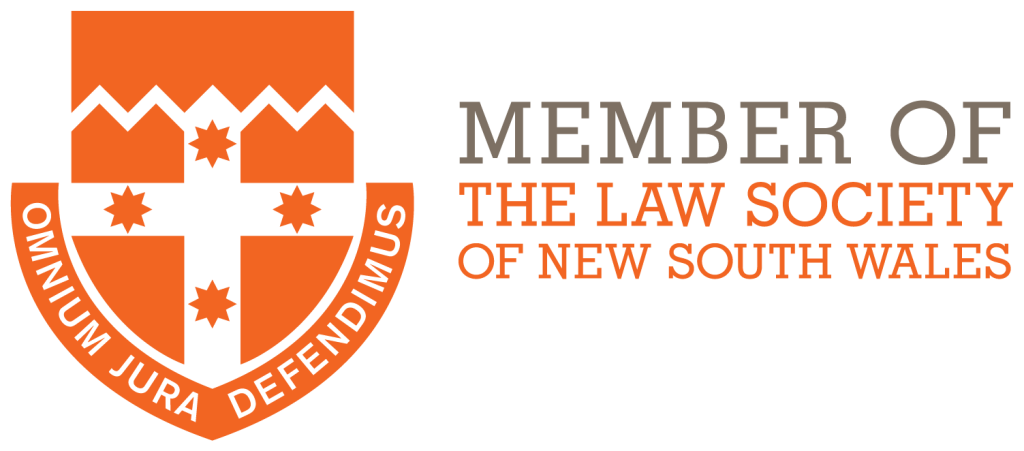Children & Parenting Lawyers Wollongong
Get Help From Our Experienced Children & Parenting Lawyers in Wollongong
If you are going through a family separation, you may need to decide on parenting arrangements for your child. We believe every child has the right to family arrangements that allow them to spend time with both parents, where it is safe to do so.
Every family is different, so the parenting arrangements that work best for one family may not be suitable for another.
If you agree on arrangements, we can help you create a parenting plan or formalise your agreement by applying for consent orders.
Where an agreement cannot be reached, the
Family Law Act 1975 (Cth) gives the Court the power to make orders for the care and welfare of children in Australia. Like the Court, when advising on parenting arrangements, we consider what is in the child’s best interests. This includes assessing their safety, any views expressed by the child, and their developmental, psychological, emotional, and cultural needs. See these helpful
videos created by the Court about children and family law.
We follow pre-action procedures and find that, more often than not, we can resolve parenting disputes through solicitor-assisted mediation. However, commencing court proceedings is sometimes a necessary last resort.
Hanna Lawyers has supported many families through this challenging process and is committed to handling your parenting matters with the care, compassion, and attention they deserve. If you need guidance regarding your family law parenting issues, please contact us. The first 30 minutes of your initial consultation are complimentary.
Reaching a fair parenting arrangement is important for your child’s future. Our team works with you to develop solutions that prioritise their best interests while protecting your rights.
Our Clients Speak for Us
Wollongong Children & Parenting FAQs
What is the first step when issues with children arise following a separation?
Family dispute resolution (also known as mediation) is required before you can start court proceedings about children unless your case is urgent or involves exceptional factors such as family violence. The Court usually requires a certificate from a family dispute resolution practitioner before a case about children can proceed.
What sort of agreements can be made about the children?
Parents can enter into agreements about the arrangements for their children, known as parenting plans. A parenting plan must be in writing, signed, and dated. It can be changed by another signed written agreement. Parenting plans create no legal obligations on either parent. However, the Court can consider what has been agreed upon in a parenting plan if later court proceedings deal with parenting issues.
Consent Orders are agreements that can be made after negotiating with the other parent, usually with the help of a lawyer or dispute resolution service. A Consent Order is filed at and approved by the Court and is binding because the Court can be asked to enforce it.
What does the Court consider when making parenting plans?
The Courts decide what parenting orders to make for a child on the basis of the best interests of that child. The law says that in determining the best interests of a child, the Court’s primary considerations
must be:
- the benefit to the child of having a meaningful relationship with both of the child’s parents; and
- the need to protect the child from physical or psychological harm, and from being subjected to, or exposed to, abuse, neglect or family violence. The Court must give greater weight to this consideration.
What can a parenting order cover?
A parenting order can cover issues like:
- who a child will live with;
- what time a child will spend with a parent or other persons important to the child;
- how parental responsibility will be shared;
- how parents will communicate about a child; and
- how any disputes about what is set out in the orders will be resolved.
What is parental responsibility?
Parental responsibility means the duties parents have to their children and the important decisions parents make about their children, such as education, religion, health, the child’s name and living arrangements.
Each parent has equal shared parental responsibility for a child unless the Court makes an order changing this. The Court presumes that parents will have equal shared parental responsibility, unless there has been abuse of a child, family violence, or it is not in the child’s best interests.
When an order is made for equal shared parental responsibility, the Court will also consider whether it would be in the child’s best interests or practical for the child to spend either equal time with each of the parents, or substantial and significant time with each parent. The Court will take into account how far apart the parents live, the effect on the child of any proposed arrangements, and whether the parents can cooperate with each other.
Can grandparents seek parenting orders?
Grandparents (or anyone who has and wants to continue an ongoing relationship with the children) can apply for an order to spend time with them. Children have a right to spend time on a regular basis with their parents and other significant people in their lives unless it is not in their best interests. Grandparents must therefore show that an order to spend time with the children is in the best interests of the children.
What happens if one party breaches court orders regarding children?
If a parent is in breach of a parenting order a party may:
- try to resolve the conflict through counselling or mediation services; or
- you can apply to the Court alleging the other party has contravened (broken) the parenting order.
Depending on the circumstances, the non-complying parent can be referred to a parenting program, fined, made to provide compensatory (or “catch up” time) with the child and parent, or even face jail.
What can I do if the other parent has taken the children and refuses to return them?
If there is a court order stating that the children live with or spend time with one party, and the children have been taken or not returned, a parent may apply to the Court for a recovery order. This order allows the police (both state and federal) to locate and return the children.
If there is no parenting order in place, the party will need to apply to the Court for such an order, along with a recovery order. This can be done at the same time.
If a party is concerned that the children may be taken out of Australia, they should place the children’s names on the Airport Watch List. To do this, they must apply to the Court for an order and send a copy of the application and any court orders made to the Federal Police.




